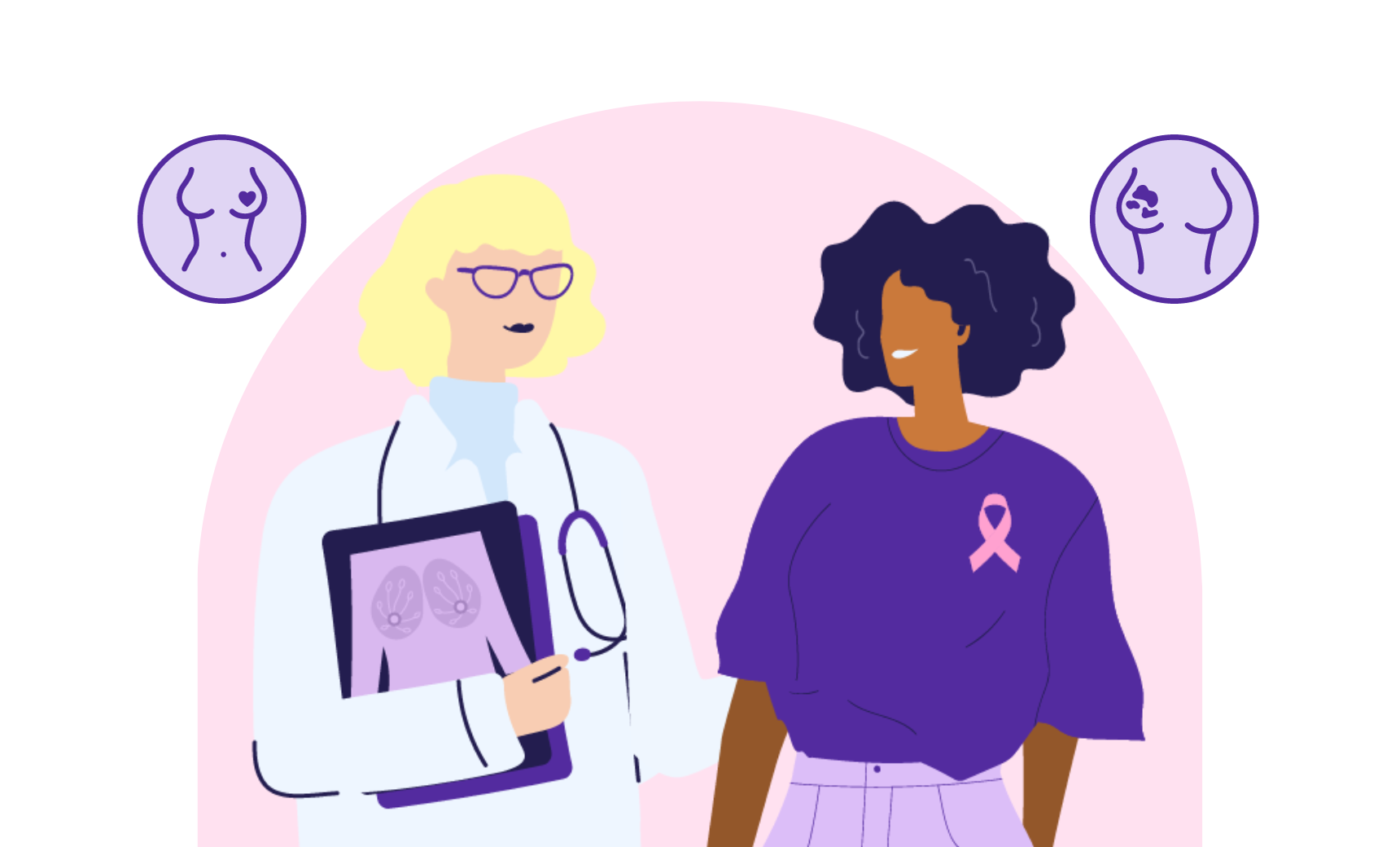Food and Drug Combinations You Need To Be Aware Of
You’ve been prescribed a new medication and your doctor has informed you that it should be taken with food to avoid an upset stomach later on. It’s likely nothing you haven’t heard before and you don’t think much of it. But the fact is there are certain foods that can actually cause side effects with your medications, and you need to watch out for them because they can turn out to be dangerous to your health.
Citrus, like grapefruits and oranges, are the most common types of food that can modify the effects of many prescription drugs, such as antidepressants, blood thinners, and migraine-relievers. Researchers and doctors have identified as many as 85 different drugs that can cause interactions with citrus. And these interactions aren’t your typical ‘upset stomach’ side effects. Certain ingredients in citrus fruits can prevent your body from correctly breaking down your medications, which can then build up to toxic levels and cause an overdose. The severity of the interaction between your prescribed drug and citrus depends on the amount you consume, but researchers say that as little as one serving of grapefruit can make it seem like you’ve taken multiple doses of your medication.
So now you know you shouldn’t have citrus with your medications, but how about your favorite green vegetables?
Kale provides great nutritional value — if you have a taste for it. But if you’re eating a kale salad or drinking a kale smoothie with a blood thinner like warfarin, it can reduce its effects and put you at risk for blood clots. It’s not only kale you should worry about. Many green vegetables such as collard greens and spinach are rich in vitamin K, which is what prevents your blood thinner from working as properly as it should. While it would take a large amount of vitamin K to cause anything serious, this doesn’t mean go on consuming a lot of kale while you’re on a blood thinner. Talk to your doctor first.
Maybe you’re not all that concerned, since I only ruined salads and citrus fruits, and perhaps you’re not the biggest fan of either of those. But those aren’t the only foods you should avoid – some fall right in line with your sweet tooth. For those who take digoxin, used to treat heart failure and abnormal heart rhythms (arrhythmia), say goodbye to black licorice. A component in black licorice, called glycyrrhizin, when combined with digoxin, can cause irregular heartbeats and even death in higher doses. The good news (or bad news) is only the real black licorice contains glycyrrhizin. Other artificially-flavored licorice candies are safe to eat as long as they don’t have ‘licorice extract’ on their labels.
With my recent article on the chemicals and added ingredients in your food, you might think I’m out to ruin every single food for you. I assure you, though, that’s not the case. It’s to remind you that too much of good thing can turn out to be a bad thing. So be sure to talk to your doctor or pharmacist first.
LabFinder is a no-cost, online platform for people to easily schedule their medical tests and view results securely. The LabFinder team is passionate about improving the ‘patient and doctor experience’ through better communication, reduce out-of-pocket expenses and making everyone know more about their own medical tests. The mission of LabFinder is simple: we want to be solution to you and get you the test results you deserve so you can make right choices about your health.







LabFinder Team
The LabFinder Editorial Team is behind The Illuminator and The Insider, LabFinder’s consumer and business blogs.
Dr.Robert Segal
Dr. Segal is CEO and co-founder of LabFinder, as well as a board-certified cardiologist. He began practicing medicine in 2002 and has founded several businesses, including Medical Offices of Manhattan and Manhattan Cardiology.